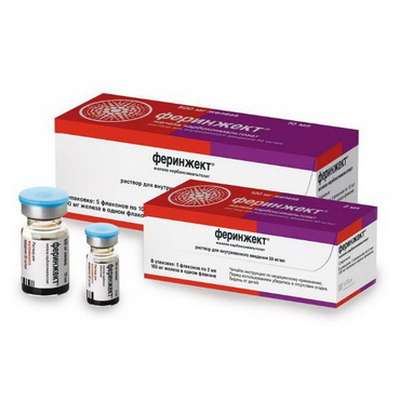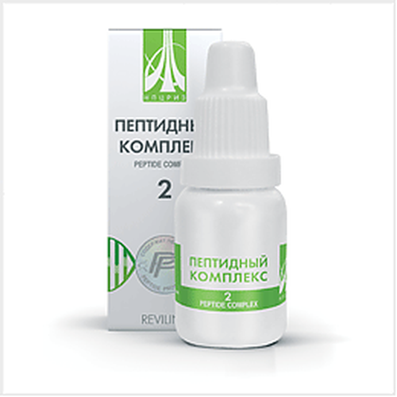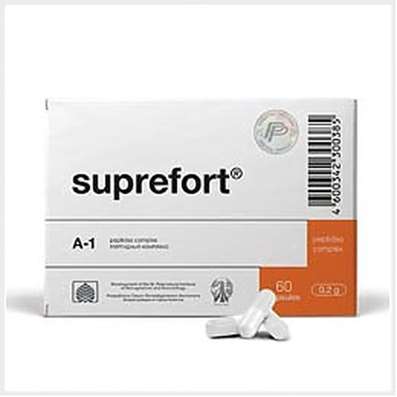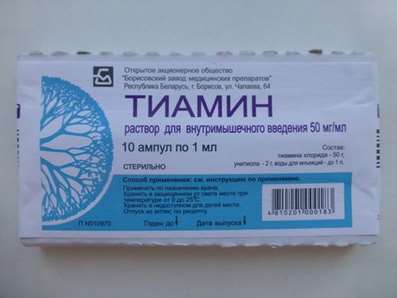Instruction for use: Dopamine hydrochloride
I want this, give me price
Dosage form: Concentrate for solution for infusion; substance powder
Active substance: Dopamine*
ATX
C01CA04 Dopamine
Pharmacological groups:
Cardiac glycosides and non-glycosid cardiotonic agents
Dopaminomimetics
Hypertensive agents
The nosological classification (ICD-10)
I50 Heart failure: Exacerbation of chronic heart failure; Shortness of breath with acute heart failure; Acute heart failure; Acute heart failure; Heart failure on the background of intoxication; Heart failure on the background of infections; Acute Heart Failure; Chronic myocardial insufficiency; Cardiac dyspnea
R57 Shock, not elsewhere classified: Obstructive shock
R57.0 Cardiogenic shock: Cardiogenic shock
T79.4 Traumatic shock: Haemorrhagic shock; Crash Syndrome; Posthemorrhagic shock; Postoperative shock; Post-traumatic shock; Post-traumatic shock; Traumatic shock; Syndrome of hemorrhagic shock and encephalopathy
T81.1 Shock during or after the procedure, not elsewhere classified: Operating shock; Postoperative shock; Operational shock
Composition and release form
Solution for intravenous administration of 5 ml
Dopamine hydrochloride 50 mg; 200 mg
In ampoules of 5 ml; In a box there are 10 ampoules.
Pharmachologic effect
Mode of action - cardiostimulating, vasodilating, diuretic.
Stimulates dopamine receptors.
Indication for the Dopamine hydrochloride
Shock (cardiogenic, traumatic, hypovolemic, septic), functional renal failure, chronic myocardial insufficiency.
Contraindications
Chromaffinoma, thyrotoxicosis.
Relative: paroxysmal tachycardia, extrasystole, prostatic hypertrophy.
Application in pregnancy and breastfeeding
Assign only when the benefit to the mother exceeds the potential risk to the fetus.
Side effects
Arrhythmias, angiospasm with weakening of peripheral blood flow, stagnation of blood in a small circle of blood circulation, coronary pain.
Dosing and Administration
IV (infuzionno or drip), previously diluted with 0.9% saline or 5% glucose solution.
Shock states: postoperative, posttraumatic and septic: adults, the initial dose is 1-5 μg / kg / min, increasing if necessary every 15-30 minutes to the optimum; Children under 18 years of age - 2-5 μg / kg / min, if necessary increasing every 15-30 minutes to 10 μg / kg / min.
Infarct shock: for adults, the initial dose is 2-5 μg / kg / min, if necessary increasing to 10 μg / kg / min.
Severe heart failure with congestive events: adults, the initial dose is 0.5-1 μg / kg / min, the optimal one is 1-3 μg / kg / min, if necessary increasing to 5 μg / kg / min.
Acute renal failure: adults and children - 1-5 μg / kg / min.
Hypotension, not caused by hypovolemia: adults - 2-10 mcg / kg / min, if necessary increasing every 15-30 min to maximum - 50 mcg / kg / min; Children: premature infants, newborns - 10 mcg / kg / min, at the age of 17 years - 2-20 mcg / kg / min (initial - 2-3 mcg / kg / min, if necessary increasing to a maximum of 20 mcg / kg / Min.).
Precautionary measures
Continuous monitoring of blood pressure, diuresis, systolic volume and pressure in the pulmonary artery is necessary.
Storage conditions of the drug Dopamine hydrochloride
In the dark place at a temperature of no higher than 25 ° C (do not freeze).
Keep out of the reach of children.
Shelf life of the drug Dopamine hydrochloride
Concentrate for solution for infusions 10 mg / ml - 3 years. After prepare - 24 h
Concentrate for the preparation of a solution for infusions 40 mg / ml - 3 years.
Do not use after the expiry date printed on the package.

 Cart
Cart





